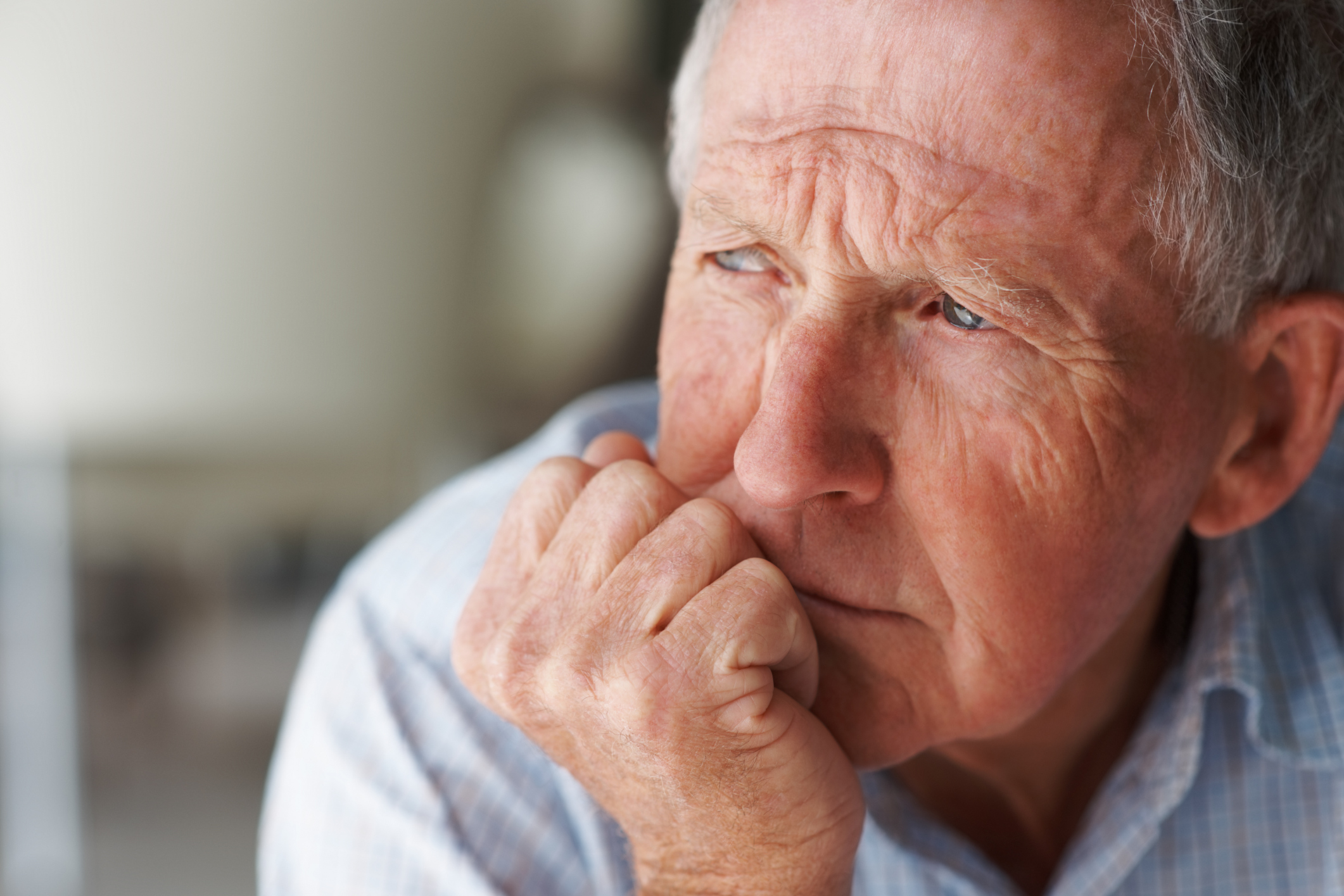Written by Gizelle Jones LISW-S. This is the second part of a four-part series.
- Read Part 1 of the Road to Wellness
- Read Part 3 of the Road to Wellness
- Read Part 4 of the Road to Wellness
Funny how fate tends to put you in a position to write about the very thing that really strikes a chord in you. This morning I woke up too early after experiencing a difficult evening of dropping in on my 81-year-old mother, who hates me checking up on her, contemplating a fitting punishment after I lectured my 18-year-old for breaking a house rule, and having a discussion about the budget with my new husband. Needless to say, I was feeling a bit down and out wondering “Why me?”. Of course, I did not get enough sleep, my head was spinning with thoughts, and a “spa day” was sounding pretty darn good. I had low energy and Ferris Bueller’s Day Off sounded much better than going to work; after all, I was feeling a little nauseous.
Looks like I am facing a depression roadblock today! There are many forms of depression ranging from some of the milder symptoms I just mentioned (feeling down and out, like you’re spinning with thoughts, and nauseous) to more complex symptoms that can significantly impact your quality of life. Depression is very common and we all experience it in varying degrees. Fortunately, it is very treatable.
First, let me give you an overview of depression symptoms. They include:
- Feeling sad
- Loss of interest or pleasure in activities you once enjoyed
- Change in appetite: weight loss or gain not related to dieting
- Trouble sleeping or sleeping too much
- Loss of energy or fatigue
- Increase in purposeless physical activities (i.e. hand wringing or pacing) or slowed movements and speech observed by others
- Feeling worthless or guilty
- Difficulty concentrating or making decisions
- Thoughts of death or suicide
Also, remember depression is different than grief. The death of a loved one or loss of a job are difficult experiences, but it is quite normal to feel sad or angry in such situations. Grief is natural; we are able to maintain our self-esteem and self-worth. Depression erodes our self-esteem and it becomes self-loathing. Post-Traumatic Stress Disorder is also a form of depression. It is usually a chronic form of depression and can last many years. It usually involves the experience of a traumatic event and its symptoms include:
- Flashbacks
- Bad dreams
- Frightening thoughts
- Trouble remembering the event
- Distorted feelings of guilt or blame
- Avoiding reminders of the experience
- Emotional detachment
So how do you get rid of this roadblock? By knocking it out with EXERCISE. I know I’m saying that “bad word” again, but it’s true. Regular exercise boosts those feel-good endorphins that trigger your brain to make new cells and connections to revitalize you.
We also need to work on good nutrition. Eating healthy protein, vegetables, and complex carbohydrates can make a total difference in your energy level. And while sweets give you a quick boost you will also experience a quick crash that can keep that depression roadblock in place.
We also need a good night’s sleep. Sleep deprivation makes you irritable, moody, and fatigued. Shoot for seven to eight hours a night.
Finally, medication is the most advertised treatment for depression, but it does not make it the most effective. It can relieve some moderate or severe symptoms, but it doesn’t cure the underlying problem and it should not be used as a long term solution. A little counseling can go a long way by discussing the underlying problems and developing solutions to address them. It also helps to talk to someone who is neutral to your situation and can give you sound directions to alleviating your symptoms.
Wow, after reviewing all of this information I think a nice lunch out of the office with a colleague will lift my mood today. Planet Fitness’ treadmill and walking to Prince’s greatest hits is a sure thing tonight, and a cup of sweet dreams tea and a book should fetch me a good night’s sleep. What plan will you put in place to prepare you for the roadblocks of life? Don’t let depression stop your “Road to Wellness”.

